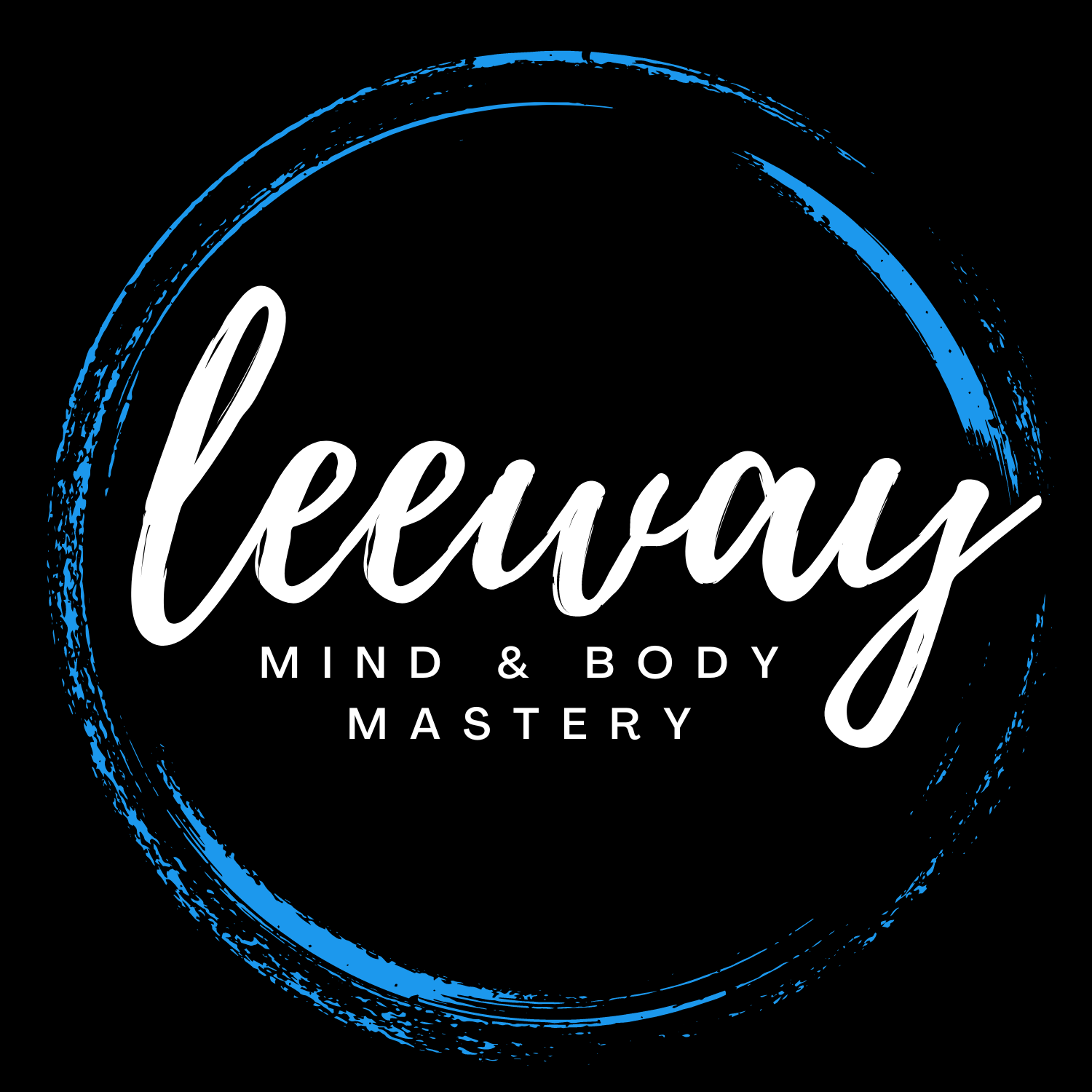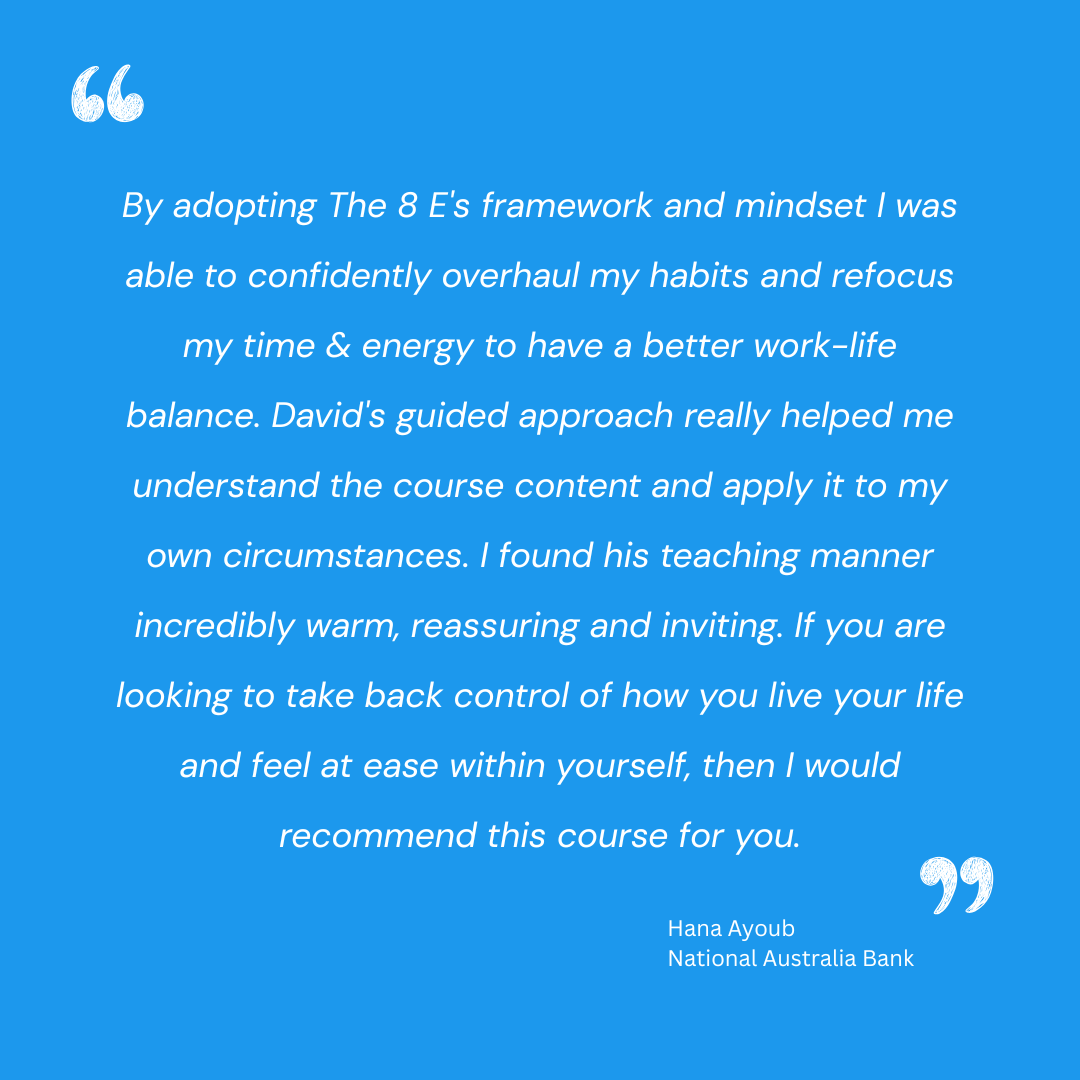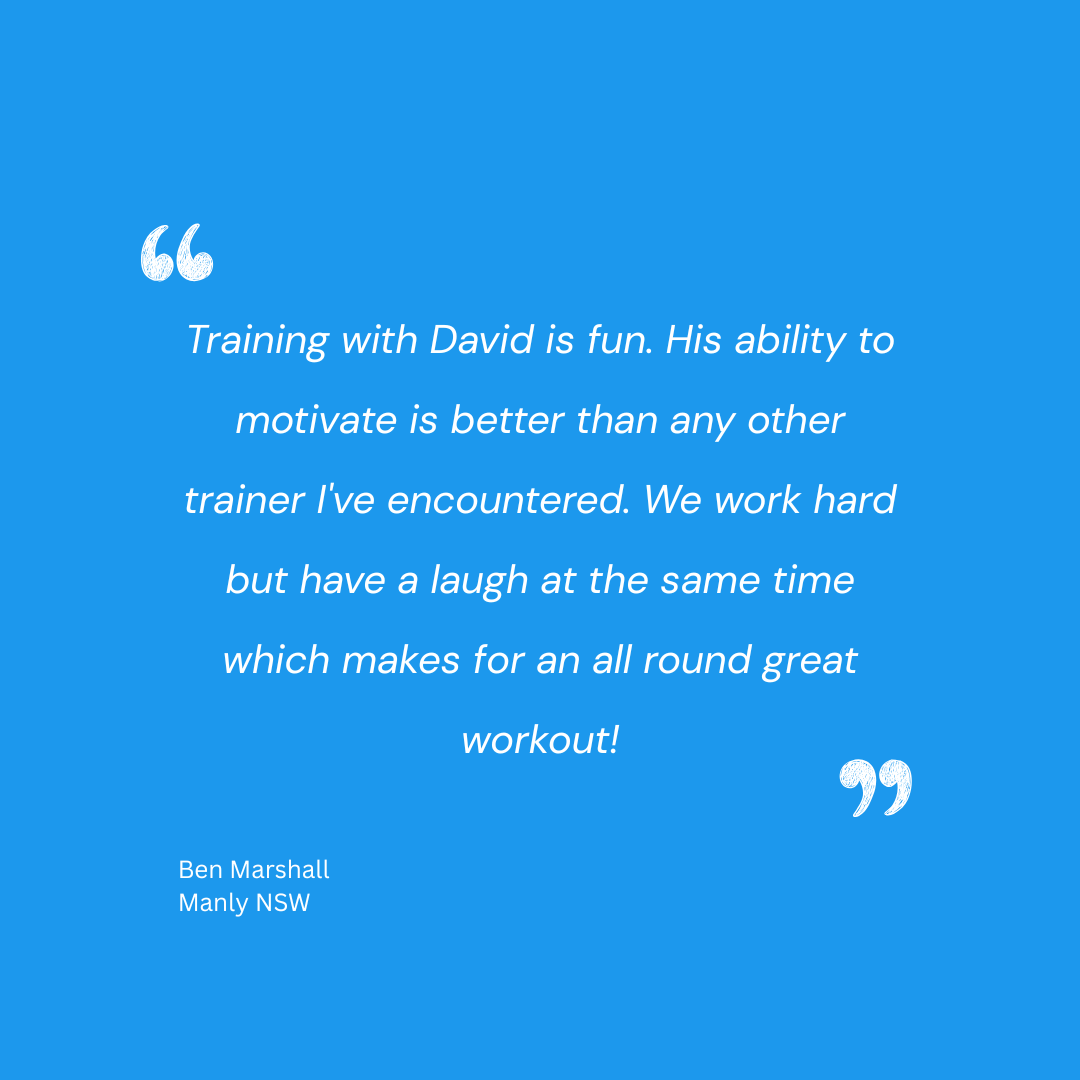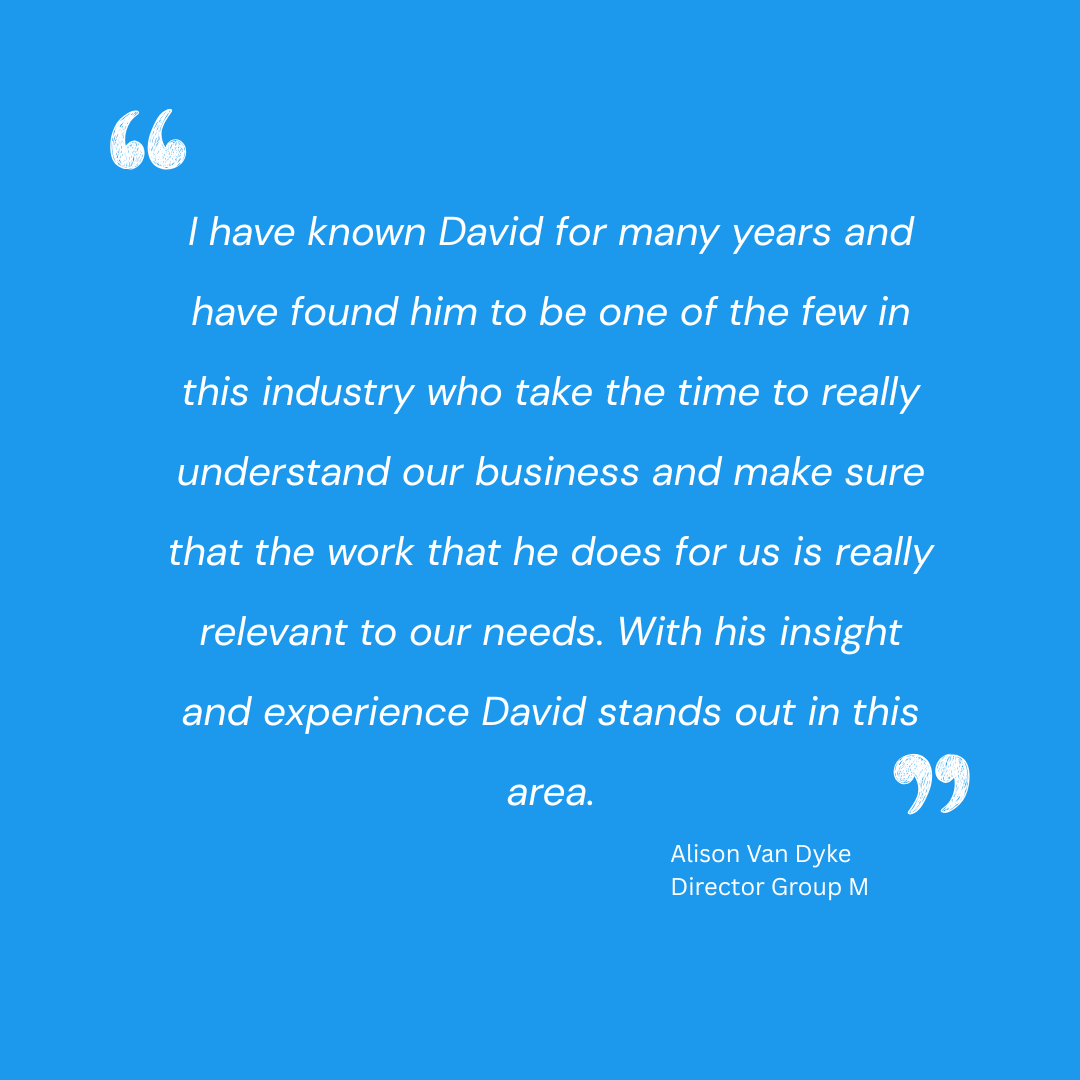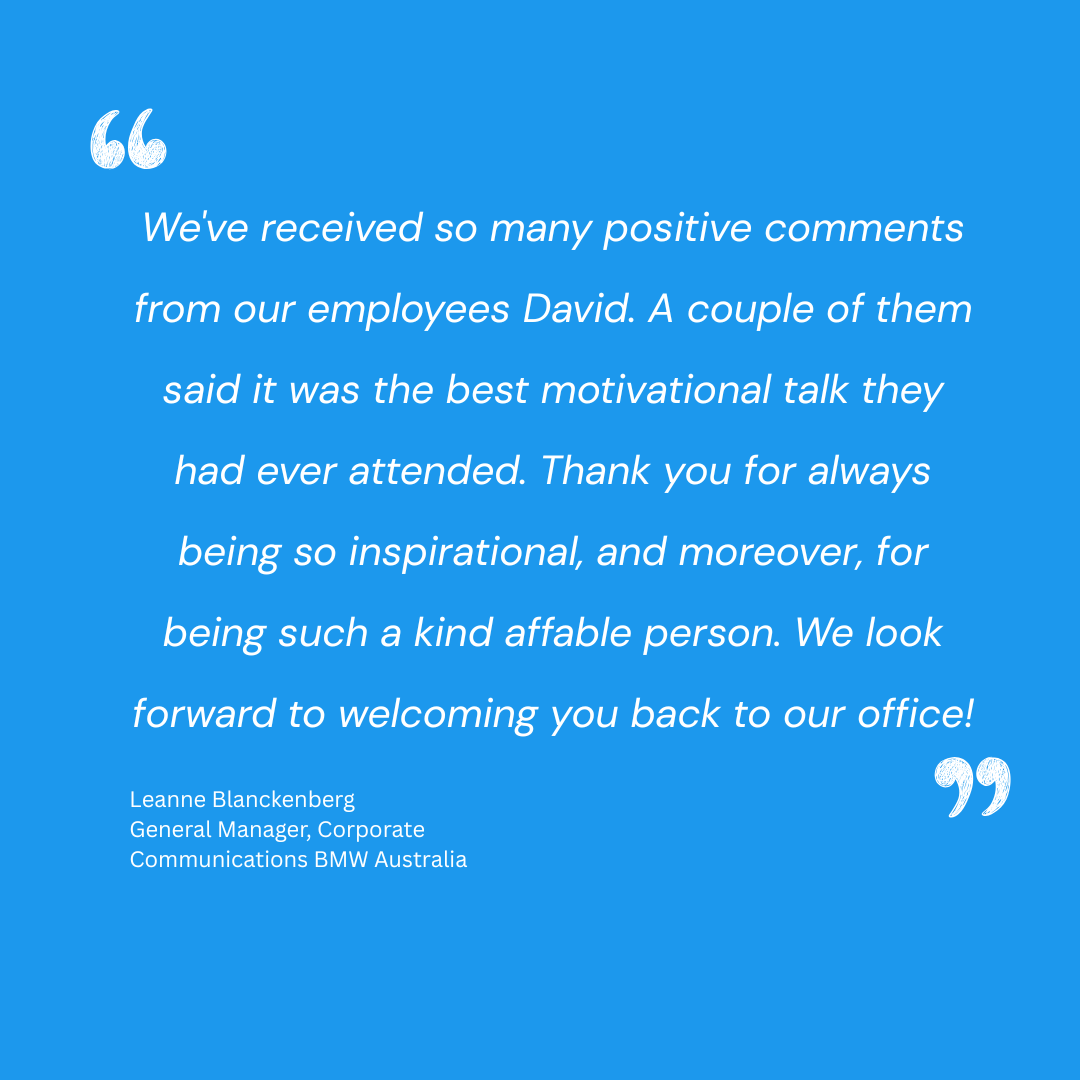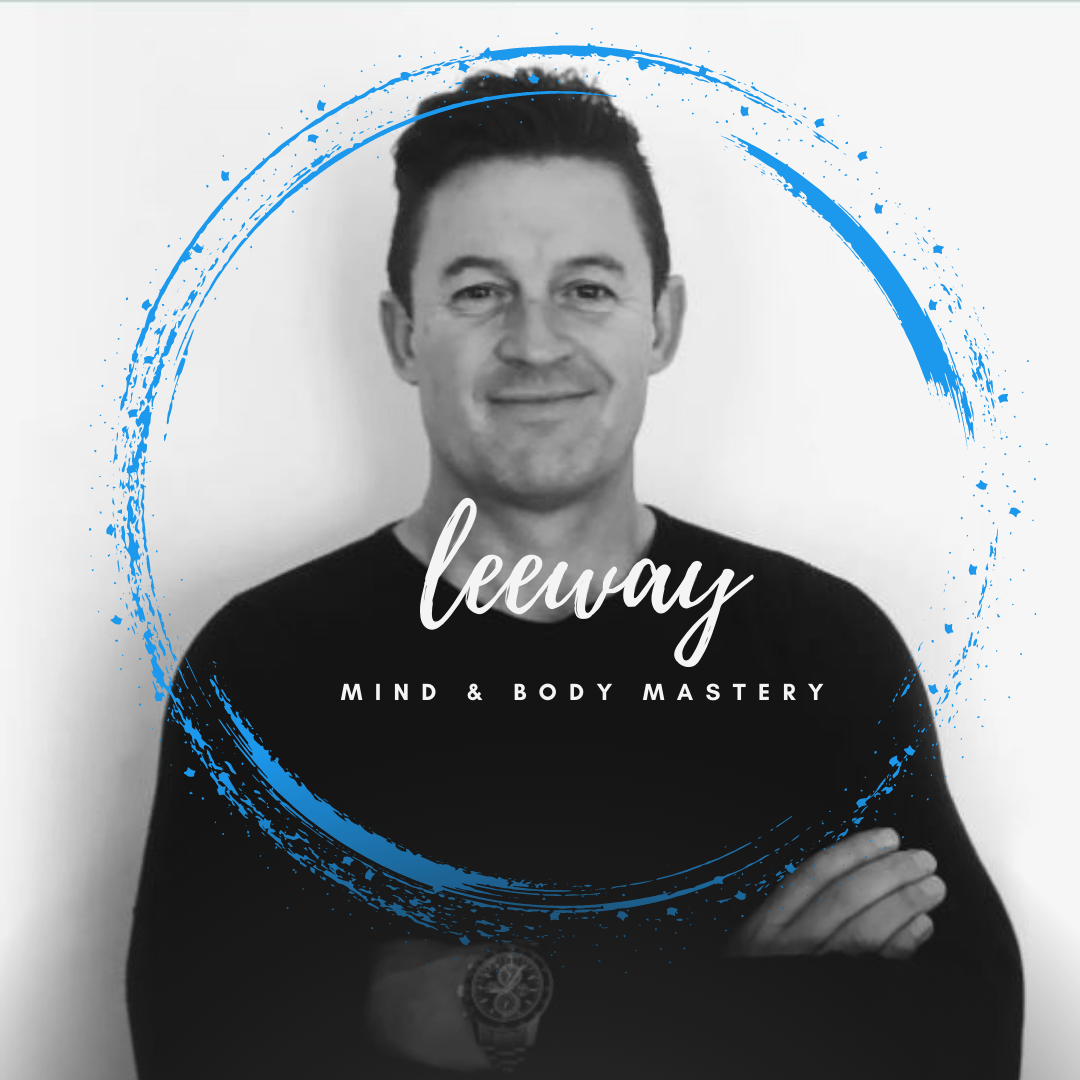Are You A Gaslighter?
“Gaslighting is the systematic attempt by one person to erode another person’s reality by telling them that what they are experiencing isn’t so — and, the gradual giving up on the part of the other person.”
Robin Stern
The term “Gaslighting” comes from a 1938 play, “Gas Light”, which was made into a movie in 1944 called... Gaslight. In the film, the husband convinces his wife that she is losing her mind and her sense of reality so that he can have her put away into a mental institution and steal her inheritance.
Gaslighting in adult relationships is possible, because the ‘gaslighter’ has found a patsy, and when their victim reacts to the first bit of criticism levelled at them, the perpetrator then runs with it.
I was fortunate to have an Executive Coach many years ago provided by a company where I was their top-performing salesperson. The Coach told me that his job was to reign me in and correct behaviours that my CEO, at the time, believed were ingrained and needed a “Demons come out!” approach like those that Tony Robbins applied in the lift scene from Shallow Hal, where Jack Black reveals to Tony Robbins his perfectionism concerning his expectation of what makes a woman beautiful, hence his name “Shallow Hal.”
The Coach said I needed to remove all emotion from my boardroom behaviours or reactions. I had shown reactions and cues which were picked up on and used against me as far as my sensitivities were concerned. Some of the boardroom bullies' comments were designed to unravel me or create doubt in my mind, which always worked before the guru’s advice and implementation of his strategies.
The most significant improvements I made at that time came from my coach’s encouragement around me not taking things personally and not worrying about the games people played and that I didn’t always have to be a people pleaser.
He introduced me to the concept of “the toolbox fallacy” the idea that I always needed more tools in my kit to be successful and accepted. In his words of encouragement and the mantra, he implored me to adopt. “I am enough”.
Fast forward to this morning, when I met this very same man for a coffee and to gift him an advance copy of my book “IS YOUR BOSS MAKING YOU SICK?”
I had inscribed on the inside cover words of gratitude to him regarding my book coming to fruition because of his guidance, and I believe my journey into coaching resulted from his encouragement of me at the time.
I asked him a question that popped into my head: "What did you see as my biggest issue at the outset of our coaching together?”
Instantly he answered, “You didn’t believe in yourself!”
He went on to say I had all the bravado to be the top performer that I was, but because I didn’t believe in myself, I was making it harder for myself.
He remembered my strict upbringing, which would have contributed to my self-limiting beliefs and attitude.
As I drove home, I acknowledged his words and considered the role that my lack of self-belief had played in my journey and that even though I had apparent evidence of my skills and abilities, I still consciously prime my self-talk so that I don’t doubt myself as my self-talk can do from time to time.
As an “out loud” self-talker when alone, I exclaimed at this epiphany; “You are gaslighting YOURSELF David Lee!”
And with that, I decided to have a second round of journaling when I got home and to re-write some goals with all the self-confidence that my preparedness deserves.
Where across the course of your day today can you consider where it might be that you are gaslighting yourself?
Fear it is said is “False Evidence Appearing Real”
The opposite of FEAR is FAITH “Facts Actively Interpreted Through Heuristics”
Stick to the facts and back yourself. If you’ve done your homework, you shouldn’t fear the questions in the exam.
“It is easier to build strong children than to repair broken men.”
Frederick Douglas.
Don’t keep this to yourself. Spread the word.


